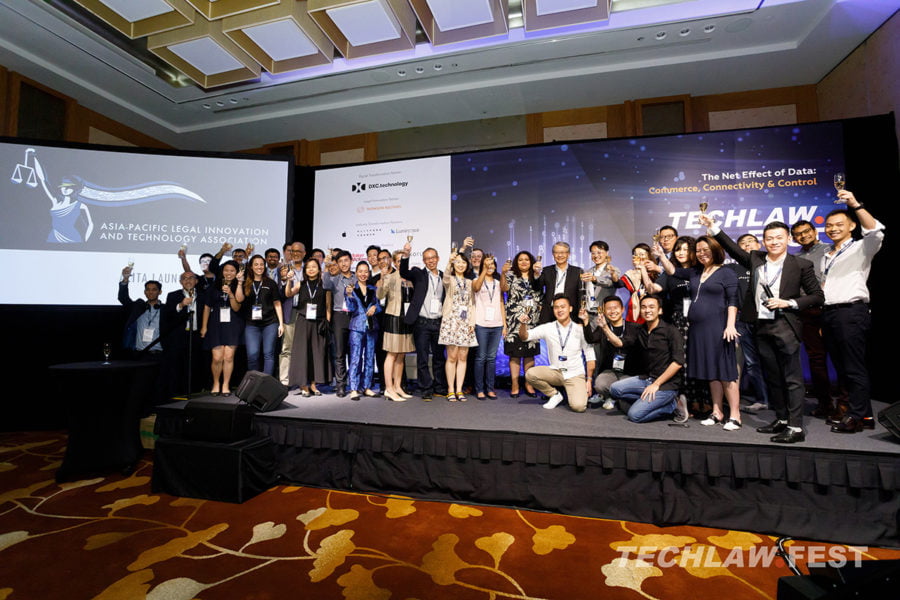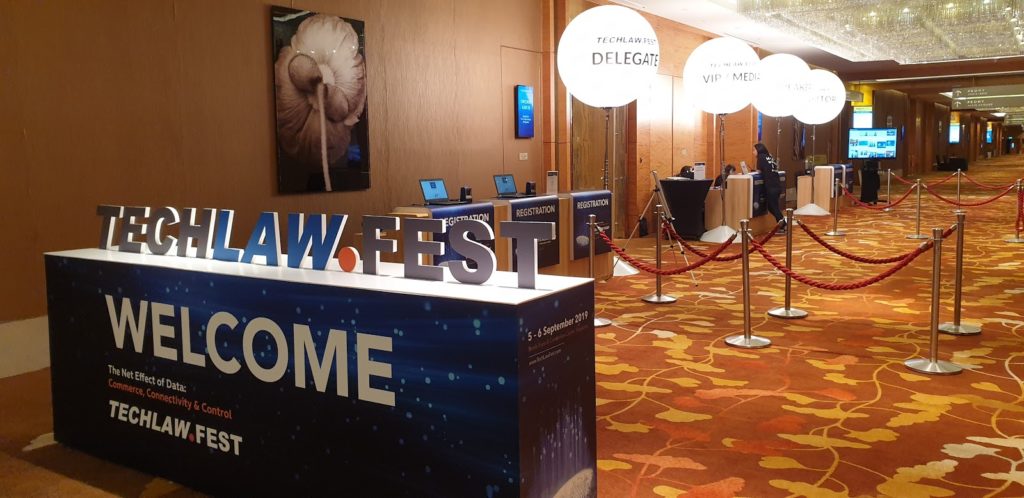Written by Jaye Tan (Associate Author) | Mentored by Ong Chin Ngee | Reviewed by Ian Lee
LawTech.Asia is proud to conclude the second run of its Associate Author (Winter 2019) Programme. The aim of the Associate Authorship Programme is to develop the knowledge and exposure of student writers in the domains of law and technology, while providing them with mentorship from LawTech.Asia’s writers and tailored guidance from a well-respected industry mentor.
As part of a partnership with the National University of Singapore’s alt+law and Singapore Management University’s Legal Innovation and Technology Club, five students were selected as Associate Authors. This piece by Jaye Tan, reviewed by industry reviewer Ian Lee (Lead Investigator, Merkle Science), marks the second thought piece in this series. It examines the regulatory challenges of cryptocurrencies.
Abstract
In June 2019, Facebook announced that they were launching their own cryptocurrency Libra Coin under the Libra Association. Already facing governmental scrutiny over privacy issues over the social network, the announcement exacerbated intense attention from not only United States lawmakers and politicians, but the general public. On 23 October 2019, Mark Zuckerberg was subject to over six hours of questioning – elucidating the key concerns lawmakers have with regard to the regulation of cryptocurrencies. These regulatory challenges are not unique to the US, but apply worldwide to regulatory authorities dealing with the budding technology. With the legislation of the Payment Services Act, Singapore has set a regulatory framework which may be the leading framework for countries to adopt going forward.




